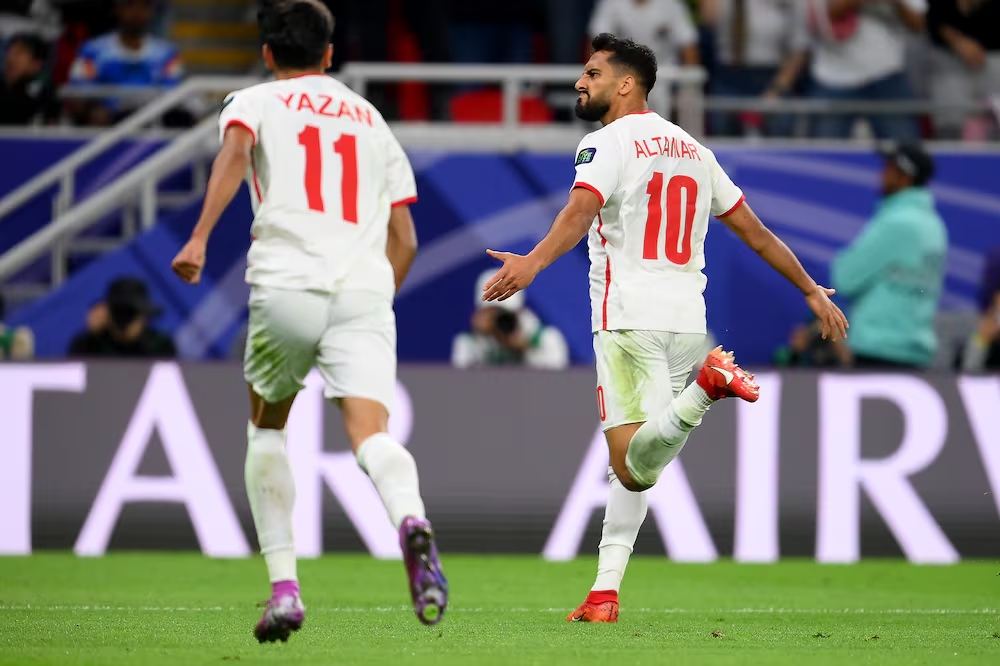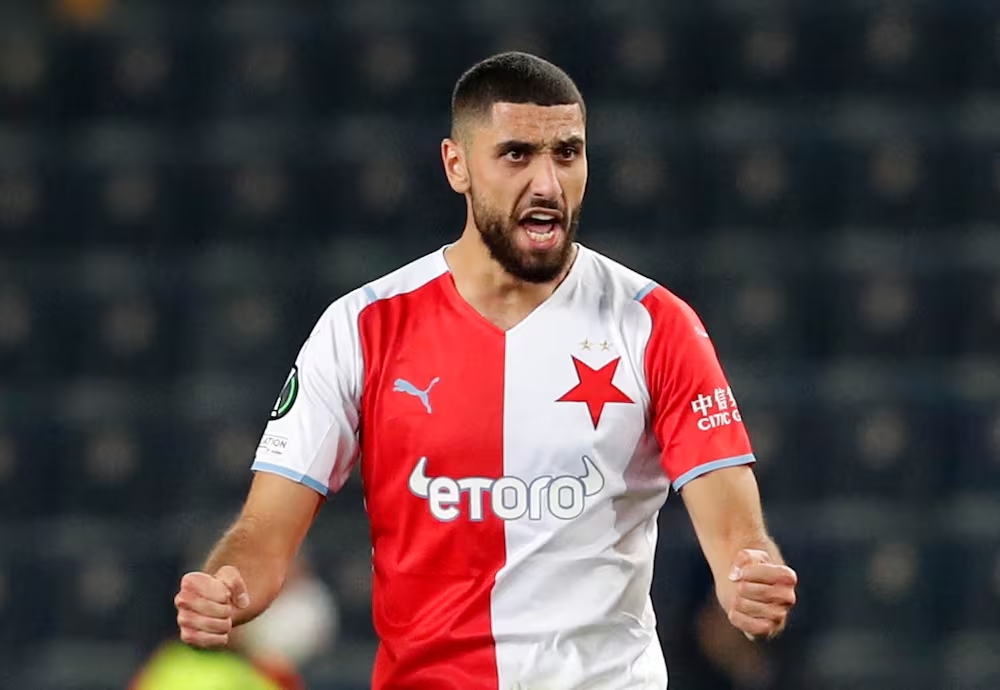In his inaugural appearance in Spain’s prestigious La Liga, Aiham Ousou was confronted with a formidable task. His freshly joined team, Cadiz, languished in the relegation zone. With minimal training sessions to forge defensive synergies with his new teammates, Ousou found himself thrust into a match against Atletico Madrid, contending with the imposing aerial prowess of Alvaro Morata and the electrifying pace of Memphis Depay. Such is the initiation into the upper echelons of club football.
At 24 years old, Ousou marked his debut for Cadiz just twelve days prior, etching his name in history as the first Syrian international to grace Spain’s premier division. His performance left an indelible mark, showcasing him as a central defender endowed with astute positioning, authoritative interceptions, and adeptness in long-range passing.

Amidst the intensity of the first half, Ousou faced a robust challenge when Morata collided with him, leading to the Spaniard’s theatrical fall to the ground. This calculated maneuver, orchestrated by the seasoned and decorated striker, aimed to unsettle the newcomer. Undeterred, Ousou remained focused, ignoring Morata’s protests as the referee dismissed them.
Cadiz emerged triumphant with a 2-0 victory, with their head coach, Mauricio Pellegrino, acknowledging Ousou’s pivotal role in securing a rare clean sheet. Despite his limited time with the team, Pellegrino expressed confidence in Ousou’s potential contributions, emphasizing his resilience and adaptability to the strategic challenges posed by seasoned adversaries.

Ousou’s journey to Cadiz has been marked by a whirlwind of experiences, including stints at various clubs across Europe and Asia. Having represented Sweden at the youth level and briefly at the senior level before opting to play for Syria, Ousou epitomizes a new generation of players with dual nationalities navigating complex paths to international acclaim.
His formal integration into the Syrian national team coincided with the Asian Cup in Qatar, where he emerged as a stalwart presence on the field. As Syria embarks on its World Cup qualifying campaign, Ousou assumes the mantle of a seasoned campaigner, poised to lead his team to new heights on the global stage.

Parallel to Ousou’s ascent, Mahmoud Dahoud, a midfielder of Syrian descent raised in Germany, embarks on his own journey towards international recognition. Having excelled with clubs in Europe, Dahoud now embraces the opportunity to represent the land of his ancestry, underscoring the emotional significance of playing for Syria.
As aspirations of World Cup qualification beckon, countries across the Middle East and North Africa (MENA) region are harnessing the talents of their diaspora and nurturing emerging stars to elevate their standing in international football. The prospect of expanded World Cup finals offers newfound hope for nations traditionally sidelined in the qualification process.
Against this backdrop, players like Real Madrid’s Brahim Diaz exemplify the evolving dynamics of international allegiance. Diaz’s decision to represent Morocco over Spain underscores the intricate interplay of heritage, identity, and sporting ambition in the global football landscape.
As the footballing world anticipates the spectacle of forthcoming tournaments, players like Diaz and Ousou symbolize the convergence of diverse backgrounds and shared dreams on the grandest stage of all – the FIFA World Cup.


